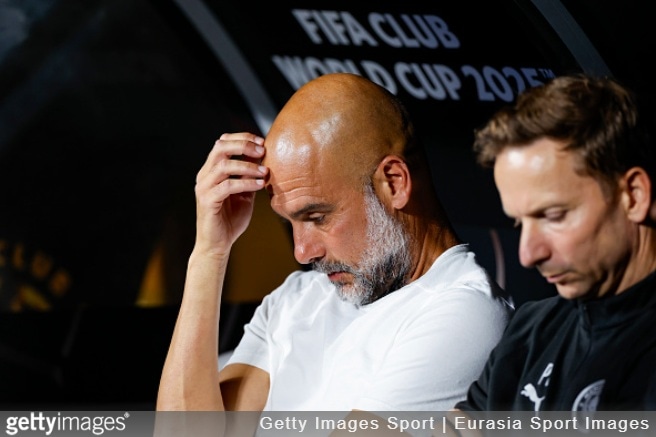Manchester City’s financial case continues to cast a shadow over the Premier League, with the verdict expected to be delayed again. This uncertainty raises serious questions about the league’s integrity and its ability to enforce financial regulations, potentially reshaping the future of English football.
The Premier League's 2025/26 season is approaching, but the shadow of Manchester City's ongoing financial case looms large, threatening the league's integrity. The verdict, initially expected some time ago, is now likely to be delayed until October, potentially disrupting the season's flow during the second international break.
The Premier League wrapped up its hearing in December 2024, yet a resolution remains elusive. This prolonged silence speaks volumes about the complexities and potential issues within football's governing structures. Sources indicate further delays are possible, creating more uncertainty for the league.
At the heart of the matter are over 100 alleged breaches of financial regulations, stemming from the 2018 "Football Leaks" revelations. These charges primarily accuse Manchester City of inflating sponsorship revenues and misrepresenting financial data. The club has vehemently denied any wrongdoing, preparing for a robust defense with confidence in their exoneration.
Despite City's confidence, their rivals are deeply concerned. There's significant disagreement among Premier League executives regarding potential punishments and the handling of the case. Some advocate for expulsion if the most severe breaches are proven, a move requiring a supermajority vote that seems unlikely.
A more moderate faction desires a swift resolution to "move on," but this sentiment faces skepticism. Critics suggest it might be a veiled attempt to diminish sanctions over time. The longer the case drags on, the weaker the appetite for strict penalties might become, potentially benefiting Manchester City.
The timing of any potential sanctions is another contentious point. Debate is ongoing whether punishments should be immediate or delayed pending appeals, raising fears of diluted impact and prolonged uncertainty extending into the 2026/27 season.
This ongoing case has effectively paralyzed the Premier League's ability to enact reforms. Crucial decisions concerning governance, financial regulations, and ownership structures are reportedly on hold until the case's resolution. The matter has become existential, impacting not only Manchester City but the entire regulatory framework of the league.
Adding another layer, diplomatic implications have emerged. Discussions involving the British embassy in Abu Dhabi and UAE officials highlight the case's international reach, extending beyond the confines of the football stadium.
Comparisons are being drawn to Manchester City's successful appeal against a UEFA ban in 2020, where technicalities played a key role. Critics argue that the English Premier League must establish and enforce its own robust standards effectively.
The secrecy surrounding the proceedings, while defended as necessary for fairness, has fueled speculation and mistrust throughout the football world. The lack of public updates has further intensified the frustration.
As the 2025/26 season approaches, the league finds itself in an uneasy state of limbo. The potential for retroactive changes to the league table looms large. The core principles of fairness, competitiveness, and transparency, upon which the Premier League prides itself, are at stake. The longer this uncertainty endures, the greater the damage to the league's reputation.
The decisions made in this case will have far-reaching implications, determining how the sport polices itself, balances power, and defines justice within English football.
